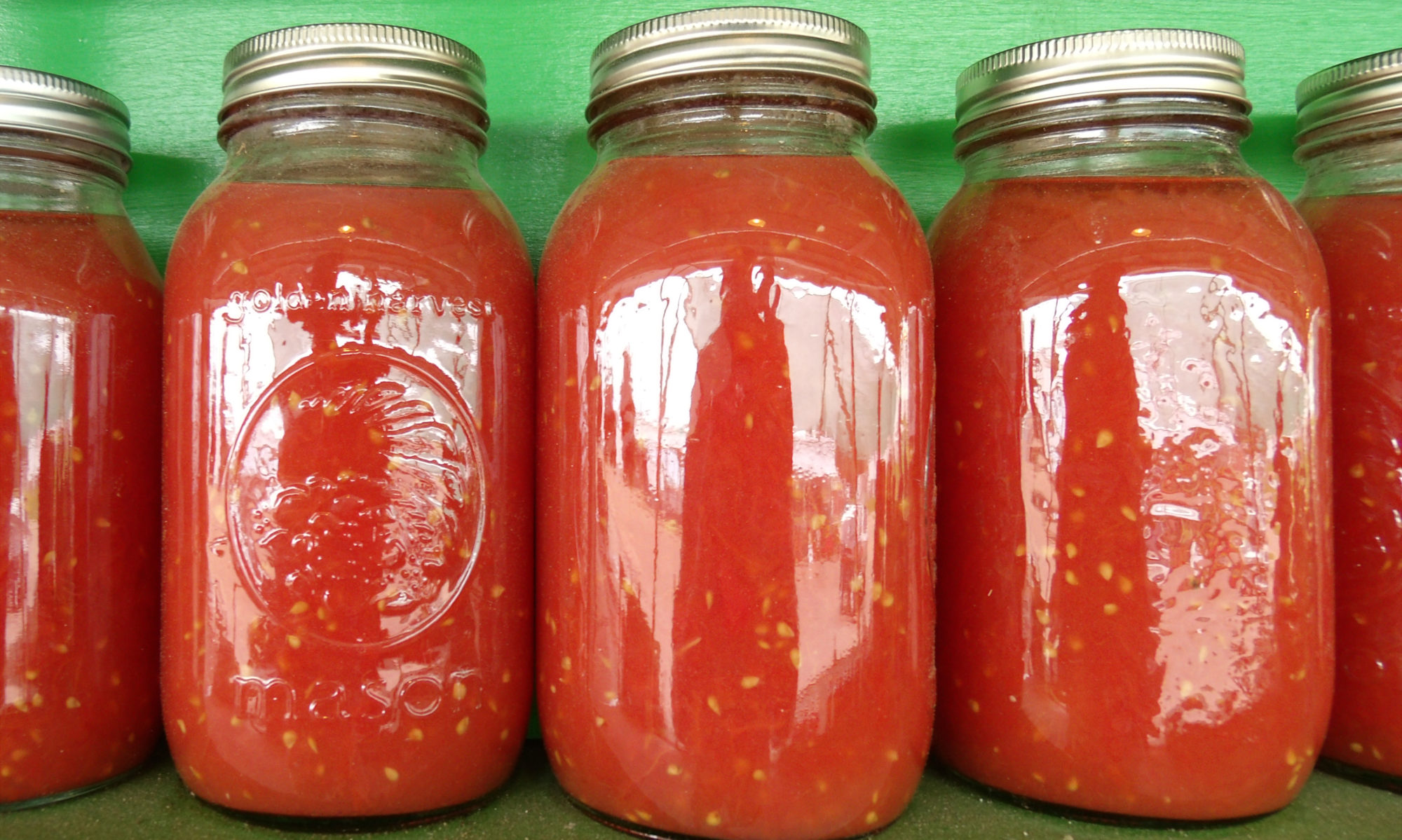Any time you enter a beer joint in Mississippi, you’re likely to find a big jar of pickled eggs on the counter next to the beef jerky, the pieds de porc à l’écarlate and all the other Bubbas that belly up to the fast food Southern sideboard.
Such eggs are sour, rubber shadows of those properly pickled, which are a great side with cold meats, poultry or game, also good in–and with–tuna, chicken, or vegetable salads. A recipe from a Junior League-type cookbook published in the 1930’s claims that they’re “ever so good chopped into hash, and provide just the right touch bedded on greens with a dressing of sharp, spicy goodness.” Craig Claiborne included a pickled egg recipe in his New York Times Cookbook (wouldn’t he just?).
The white of a pickled egg should be firm, not tough or rubbery, the yolk moist and creamy, not crumbly. The eggs should also have a light, balanced tangy/sweet flavor as a platform for other seasonings: I like a couple of slit hot peppers, a slice or two of garlic and a bay leaf to flavor mine–which are, admittedly, unsuitable for any occasions requiring plates, much less silverware–but dill, caraway or even cloves figure among attractive possibilities for the eclectic.
For pickling, boil a dozen medium eggs until just done; you can easily fit a dozen large in a quart glass jar. Then stuff the (peeled) eggs into the jar along with whatever accompaniments you like (jalapenos, onion, garlic, bay leaf, etc.). Fill the jar with a mixture of white vinegar and water (4:1) just to the top; jiggle the jar to burp bubbles. Pour vinegar mixture into a saucepan along with a tablespoon of salt, a tablespoon of sugar and a tablespoon of pickling spices. (If you miss the barroom rose, use beet juice.) Heat to almost boiling and pour back over the eggs; if there’s not quite enough liquid to cover them entirely, add a little more water. Seal the jar and store for at least a week before putting them out at your next kegger.



